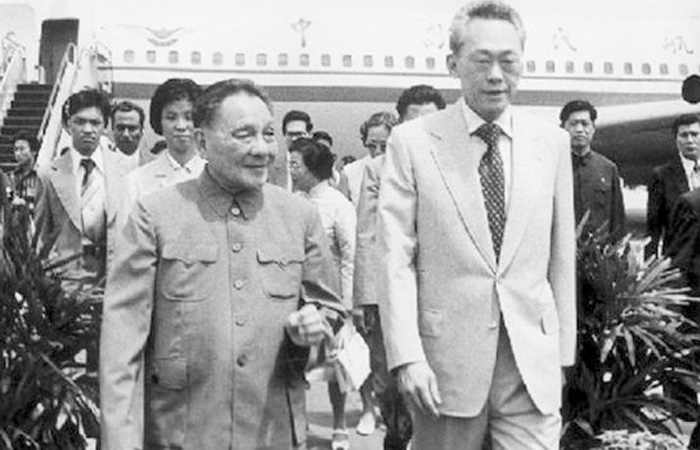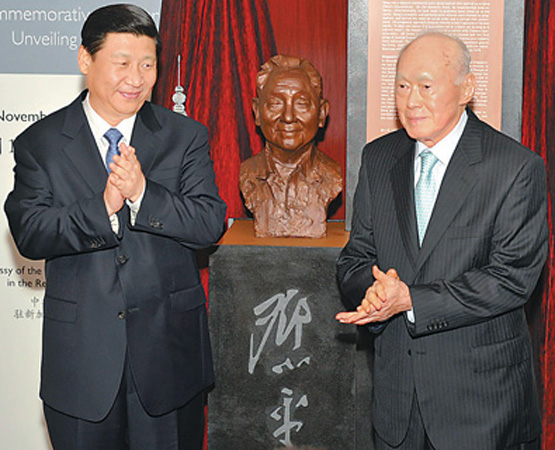DJS: But the 'little green men' firing high tech guided missiles and operating the other military equipment in E. Ukraine are not Ukrainians - they are a Russian trained and equipped assault force.
Not Ukrainians? May I ask who/what is a Ukrainian? You seem to be dismissive of the idea that a large proportion of the population may (most likely are) ethnic Russian.
--------------------------------------------------------------------------------------------------
BTW, I note some thoughts emanating from the American elite, regarding the effectiveness of the sanctions on Russia. George Friedman, is reputed to be close to American intelligence sources (though, I can't be sure that there is ONLY one American intelligence source-grin).
So, here's the link: https://www.stratfor.com/weekly/viewing-russia-inside
In this entry (dated December 2014) Friedman gives his impressions of a visit to Russia.
On the effect of sanctions, Friedman comments:
Russians' strength is that they can endure things that would break other nations. It was also pointed out that they tend to support the government regardless of competence when Russia feels threatened. Therefore, the Russians argued, no one should expect that sanctions, no matter how harsh, would cause Moscow to capitulate. Instead the Russians would respond with their own sanctions, which were not specified but which I assume would mean seizing the assets of Western companies in Russia and curtailing agricultural imports from Europe. There was no talk of cutting off natural gas supplies to Europe.
If this is so, then the Americans and Europeans are deluding themselves on the effects of sanctions. In general, I personally have little confidence in the use of sanctions. That being said, the Russians gave me another prism to look through. Sanctions reflect European and American thresholds of pain. They are designed to cause pain that the West could not withstand. Applied to others, the effects may vary.
On Ukraine he comments:
The Ukrainian Issue
There was much more toughness on Ukraine. There is acceptance that events in Ukraine were a reversal for Russia and resentment that the Obama administration mounted what Russians regard as a propaganda campaign to try to make it appear that Russia was the aggressor. Two points were regularly made. The first was that Crimea was historically part of Russia and that it was already dominated by the Russian military under treaty. There was no invasion but merely the assertion of reality. Second, there was heated insistence that eastern Ukraine is populated by Russians and that as in other countries, those Russians must be given a high degree of autonomy. One scholar pointed to the Canadian model and Quebec to show that the West normally has no problem with regional autonomy for ethnically different regions but is shocked that the Russians might want to practice a form of regionalism commonplace in the West.
Do the "Russians" understand the USA, Friedman seems to think they do, at least in some ways:
The discussion was over lunch, but my time was spent explaining and arguing, not eating. I found that I could hold my own geopolitically but that they had mastered the intricacies of the Obama administration in ways I never will.
Summing up:
I came away with two senses. One was that Putin was more secure than I thought. In the scheme of things, that does not mean much. Presidents come and go. But it is a reminder that things that would bring down a Western leader may leave a Russian leader untouched.
Second, the Russians do not plan a campaign of aggression. Here I am more troubled — not because they want to invade anyone, but because nations frequently are not aware of what is about to happen, and they might react in ways that will surprise them. That is the most dangerous thing about the situation. It is not what is intended, which seems genuinely benign. What is dangerous is the action that is unanticipated, both by others and by Russia.
At the same time, my general analysis remains intact. Whatever Russia might do elsewhere, Ukraine is of fundamental strategic importance to Russia. Even if the east received a degree of autonomy, Russia would remain deeply concerned about the relationship of the rest of Ukraine to the West. As difficult as this is for Westerners to fathom, Russian history is a tale of buffers. Buffer states save Russia from Western invaders. Russia wants an arrangement that leaves Ukraine at least neutral.
Kaik, may be correct in many of the things that he says, but what he says is often affected by emotion, an emotion which we may understand, but neglects similar emotions on the others.
The question for most of us is, do we just accept or do we try to understand. I wasted my life because I was too accepting.








